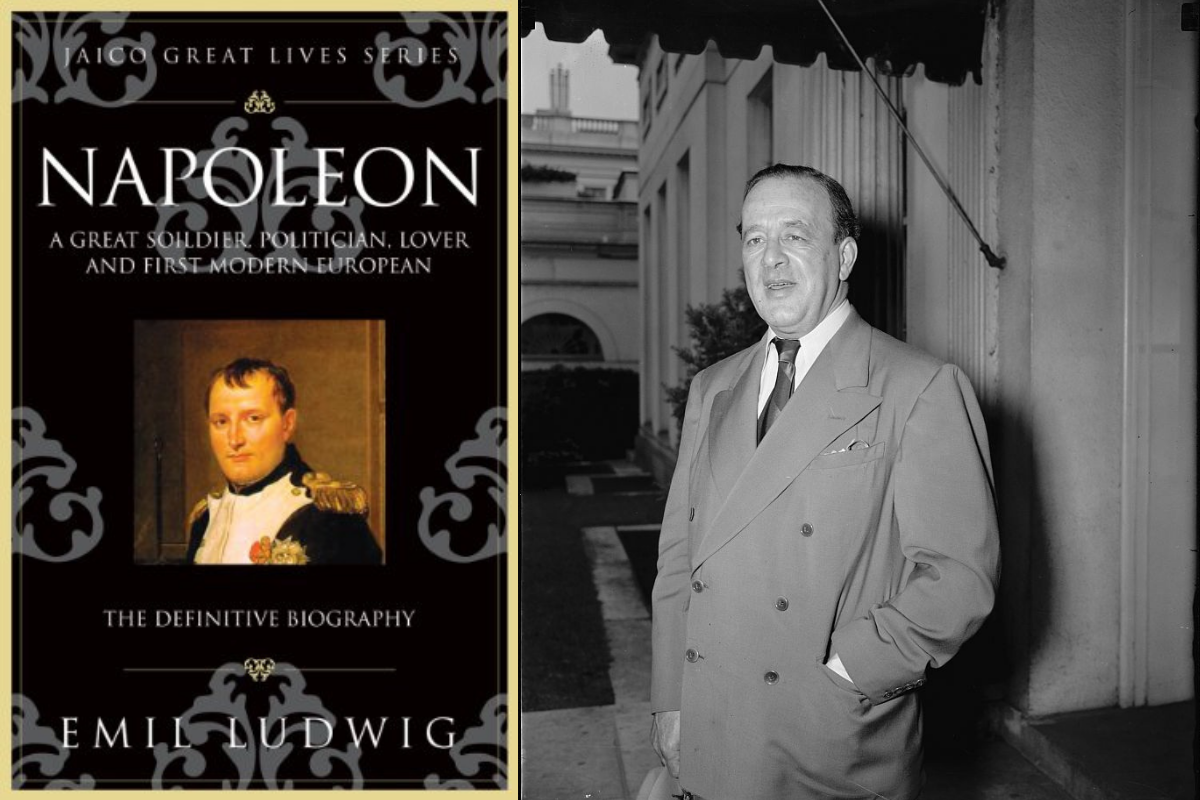
Writing a biography is a tricky business. You have to give the reader an idea of a person and yet do it in a manner that does not become too dull. There is no “plot” to fall back on or even an innovative storyline – in fact, in the case of most biographies, people already know a bit about the subject. So how do you write a biography, in fact, a VERY detailed biography about one of the most well-known figures in human history?
Simple: you blend fact with storytelling. That is What Emil Ludwig has done in what is perhaps one of the best known biographies of all time, Napoleon. The story of Napoleon Bonaparte who rose from very humble roots to become Emperor of France and indeed, most of Europe is narrated by Ludwig in a style that is full of flair and drama. This is not your routine, cut and dry biography where the writer interviews different people about a person and presents different views. No, Napoleon is purely Emil Ludwig writing about Napoleon Bonaparte. And it makes for thrilling writing.
And that is because Ludwig makes this a story of Napoleon, even without compromising on facts. The language is a little dramatic at places but right through the book, you are literally transported to France of the early nineteenth century, complete with court intrigues and conspiracies. The battles and campaigns get special attention, and so do Napoleon’s state of mind, and occasionally, his heart. The result: you do not see Napoleon through the eyes of a biographer but actually at times feel as if you are in the same ship as him. You feel the elation of Austerlitx, the false hope of Borodino, the shock of the retreat from Russia (in the course of which Napoleon famously said “It is but a step from the ridiculous to the sublime”) and of course, the amazing return from exile from Elba, and the final defeat at Waterloo. This is a great story of a great man. Some say that Ludwig is too forgiving of Napoleon but if you read carefully enough, the criticism appears – the disillusionment of the common soldier when he sees Napoleon in regal finery, the flashes of temper that often cost him friends and campaigns…it is all there. Ludwig’s admiration of Napoleon is out there but he is not blinded to his faults.
All of which is perhaps why many consider Napoleon by Emil Ludwig to be one of the greatest biographies ever written. It does not give us just an idea of a person and his impact, but actually lets you wander inside his head for a while. A must-read, we say. It is not exactly a light read – it spans more than 500 pages but you will find yourself riveted in no time at all. Even if you do not like history. Or Napoleon, for that matter.
